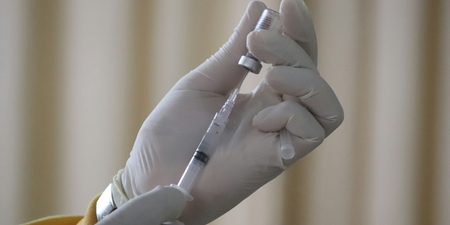A new study has found a link between women using different forms of hormonal contraception and developing breast cancer.
Furthermore, it suggests that the risk can remain in place for five years after the use of hormonal contraception.
The study, which was conducted in Denmark, monitored women between the ages of 15 and 49 who were using hormonal contraception and those who weren’t. In total, nearly 1.8million women took part over the course of 10 years.
The study found that a higher number of women, using hormonal contraception developed breast cancer, compared with women who hadn’t been using any. Most of the cases were in women over the age of 40.
It found that there were 13 additional cases every year of breast cancer, caused by hormonal contraception, per 100,000 women. The study also suggests that forms of contraception that use the hormone progestin may be the cause for the rise.
The study’s conclusion is as follows:
“The risk of breast cancer was higher among women who currently or recently used contemporary hormonal contraceptives than among women who had never used hormonal contraceptives, and this risk increased with longer durations of use; however, absolute increases in risk were small.”
According to The New York Times, Dr. Marisa Weiss, who is an oncologist, said:
“This is an important study because we had no idea how the modern day pills compared to the old-fashioned pills in terms of breast cancer risk, and we didn’t know anything about I.U.D.’s. Gynecologists just assumed that a lower dose of hormone meant a lower risk of cancer. But the same elevated risk is there.”
While the study had a huge amount of participants, because it was only observational, some other experts are saying that it cannot conclusively find a link between hormonal contraception and the development of breast cancer.
Kevin McConway, a professor of applied statistics, told The Guardian:
“Like most other studies on hormonal contraceptives and breast cancer risk, this one is observational, so it cannot prove conclusively that the hormonal contraception is definitely the cause of the increased risk. However, the researchers did allow statistically for most of the important factors that might also be involved, and they give good reasons why the differences in risk that they found are likely to be causally related to the contraceptives.”


















































